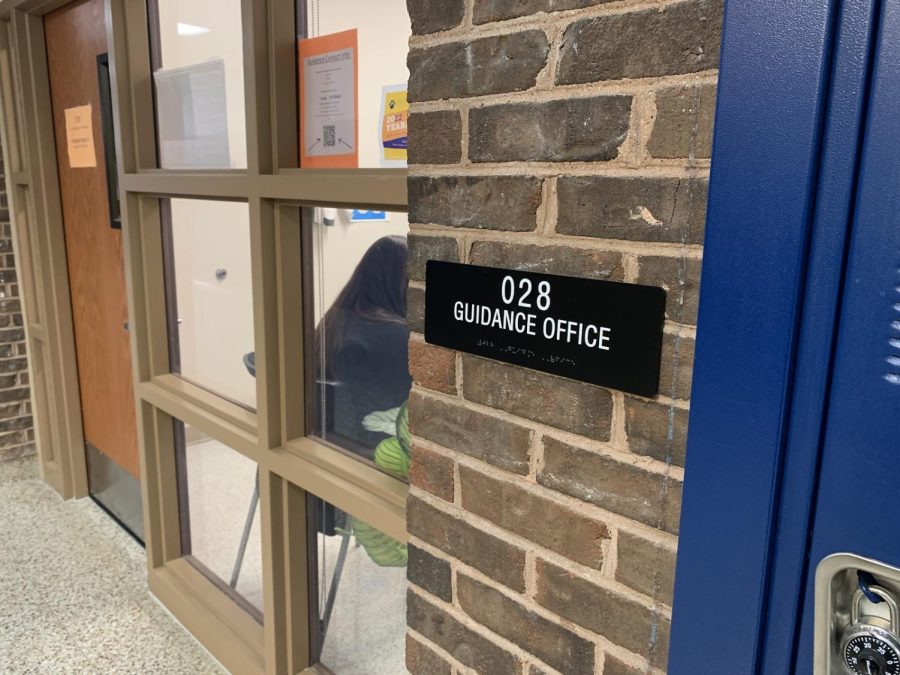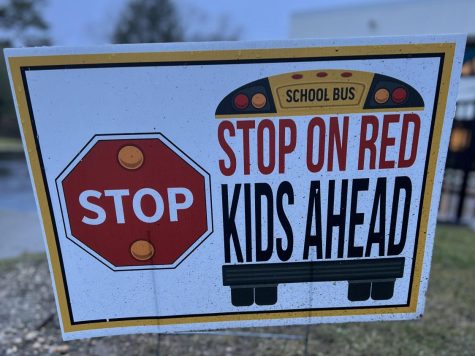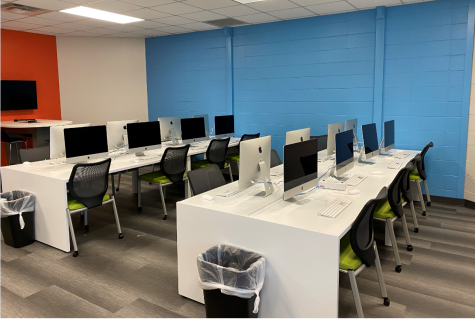Supporting SWR Students: Know Your Resources
Guidance and Mental Health offices.
As the conversation around mental illness grows, and a global pandemic has students navigating a new way of life, the community has wondered how our school is handling the mental health of our students.
Similar to a majority of high schools, the student population at SWR has faced persistent struggles with mental-health-related conflicts. Through tragic events, rising mental illness rates, and a global pandemic, the community has come together to advocate for increased support and resources for our teens. The school responded by implementing various new programs and hiring new staff members to help combat dissension and mental illness.
“Usually what kids are talking about is interpersonal conflicts, which could include not getting along with family, not getting along with friends. Secondary to that, they will talk about issues like feeling suicidal, hurting themselves, having issues with eating,” says school psychologist, Dr. Peter D’Elena.
To assist students with such conflicts, whether diagnosable or not, additional psychologists and counselors have been hired to bolster the mental health team. This includes a district wide student support counselor from North Shore Youth Council, as well as additional part time and full time psychologists. Although many new staff members have been added to the department, there is an overwhelming amount of students who still feel they are lost when it comes to reaching out for help.
“They [administration] don’t bring enough awareness to the resources that we have,” says senior Morgan Lynch.
The high school offers a wide array of counselors in efforts to provide each student with a trusted adult with whom they are comfortable. A complete staff list on the school website provides contact information for multiple guidance counselors, a full time and part time psychologist, the school social worker, and the Social-Emotional Learning (SEL) counselor. A fraction of the difficulty in spreading awareness of these available resources is students’ reluctance to use them.
“There are kids that could use the services that do not want to use them for their own personal reasons,” says Dr. D’Elena.
This isn’t to say that all students outright refuse to utilize our resources, in fact, Dr. D’Elena emphasizes that there are a significant number of students who actively seek help.
“There is a fair percentage of kids who need them and do use them,” continued Dr. D’Elena.
To help combat this ongoing struggle of destigmatizing mental illness, Principal Frank Pugliese has made mental wellbeing a priority and continues to advocate for improved outreach.
Within the past few years, there has been a push to educate more students on the importance of reaching out. In efforts to be more proactive, administrators have been working to spread the word about our mental health team and promote its use.
“We needed to add exposure,” said Mr. Pugliese. “Bringing greater attention to the services that were always present.”
Oftentimes, the subject of mental health is seen as taboo. SWR has attempted to take advantage of the recent destigmatization of mental health within our culture to push for change.
“You go back 15 or 20 years, nobody wanted to admit that they needed or wanted support,” said Mr. Pugliese.
To aid in this process, SWR has implemented many social-emotional learning based programs. This ranges from programs like Natural Helpers, ACT Now, the Report It app, SEL counseling opportunities, and more. Each of these programs works to target different aspects of SEL, which has been a prioritized topic district wide. Natural Helpers and ACT Now are programs intended to encourage awareness and knowledge of mental illness and bullying. On a more reactive level, online resources, such as the Report It app, create an anonymous space for students, parents, and staff to report potentially dangerous behaviors and other concerns. The school has also paired with North Shore Youth Council, allowing for a counselor, Ms. Dana Ellis, to be in the building on Tuesdays and Thursdays from 12:30 to 3:00, which is a time when many kids don’t normally have access to a counselor. Furthermore, the partnership with North Shore Youth Council gives parents avenues to turn to for more resources, such as outside contacts and information.
The unfortunate reality of the situation is that mental illness is not an issue that will fix itself. What’s important is that our administration continues to encourage students to reach out and seek the help they need, when they need it.
“We try to have an open door policy here,” says Dr. D’Elena.











